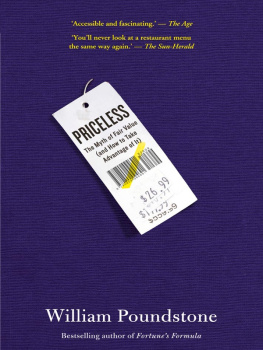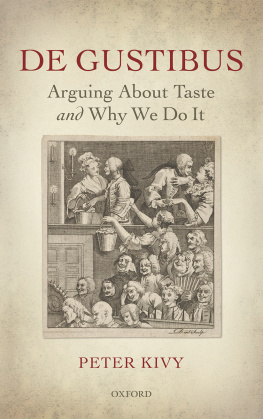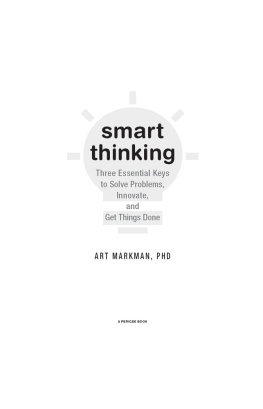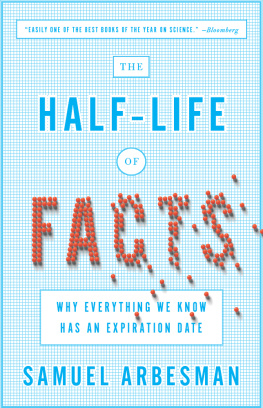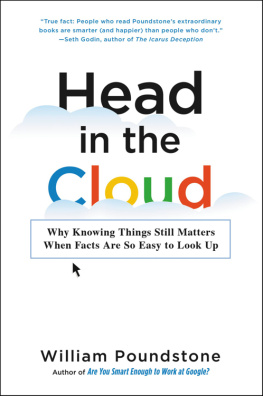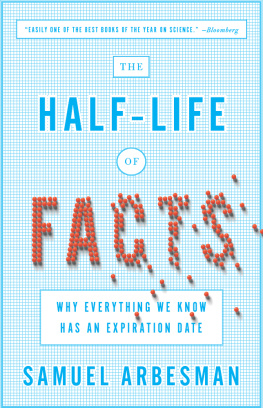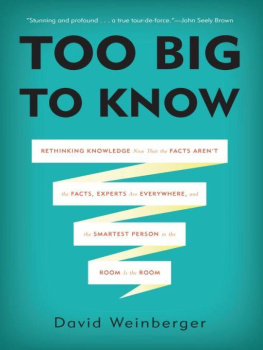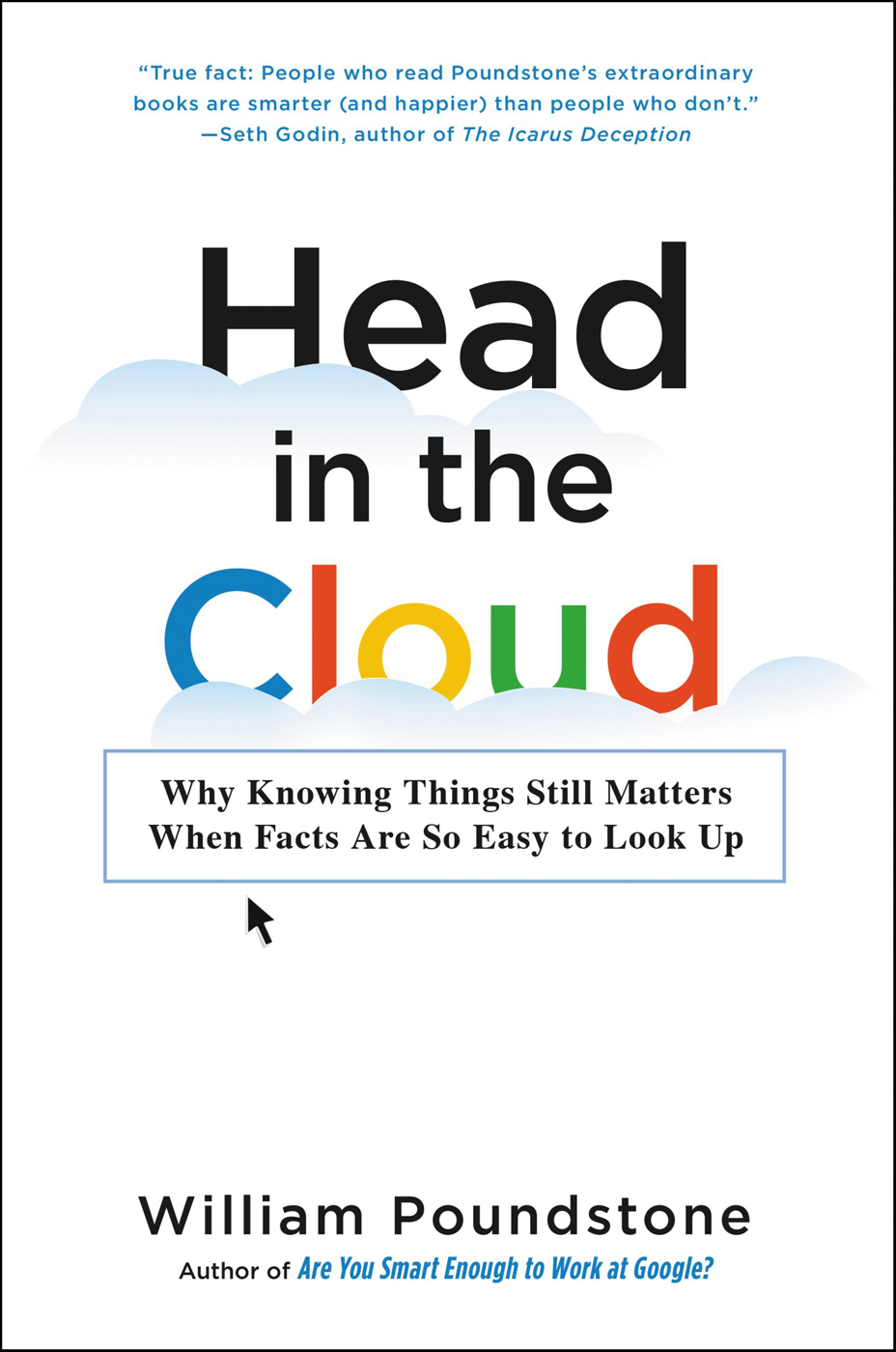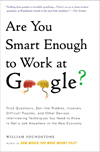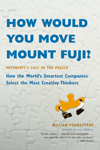Rock Breaks Scissors: A Practical Guide to Outguessing and Outwitting Almost Everybody
Are You Smart Enough to Work at Google?: Trick Questions, Zen-like Riddles, Insanely Difficult Puzzles, and Other Devious Interviewing Techniques You Need to Know to Get a Job Anywhere in the New Economy
How Would You Move Mount Fuji?: Microsofts Cult of the PuzzleHow the Worlds Smartest Companies Select the Most Creative Thinkers
I t was an industry party in Malibu, and a group was engaged in the Hollywood sport of picking apart a rivals product. Kenneth Branaghs big-budget, Victorian-dress film version of Hamlet had bombed at the box office. The starsfrom Derek Jacobi and Judi Dench to Robin Williams and Billy Crystalwere expensively miscast. Even that couldnt explain the dismal $90,000 box office on opening weekend.
Maybe, someone joked, it was the screenwriter.
Who wrote it? asked a studio executive.
I meant Shakespeare, the speaker said.
The studio exec still didnt understand. William Shakespeare! people explained. Not a living screenwriter but the greatest playwright of the English languagelong, long dead!
The executive, who had studied law at USC and had graduated with honors, knew of Shakespeare, of course. She just didnt know that the movie Hamlet had been based on something Shakespeare had written. I live in Los Angeles, where stories like this are not uncommon. The movie industry has always been a melting pot of the erudite and the oblivious. Consider The Boy Next Door, a 2015 thriller starring J. Lo. In one scene a studly neighbor gives J. Lo a first edition of Homers Iliad. This must have cost a fortune! she protests.
It was a buck at a garage sale, says the neighbor.
The Iliad was composed about 2,300 years before the invention of printing. A clip of the first edition scene broke the more literate half of the Internet. Among the Twitter comments were:
I have to show you my first edition Torah sometime. Found in a dumpster one day.
What they dont show you is the time machine and the room where they have Homer chained to a desk.
Oh crap. Western Civilization is screwed.
Asked for comment, the films screenwriter, Barbara Curry, said the first-edition Iliad bit was not something I wrote in my original script.
In fairness, bibliophiles do speak of a first edition of the Iliad and Odyssey. It was printed in Florence, in the Greek language, in 1488. Sothebys recently auctioned a copy for twenty-five thousand pounds, which might qualify as a fortune. Its definitely not the same as the book in the movie, which is printed in English and has pristine gilt-edged pages. The Internet hecklers had a point: to any literate person, the casual mention of a first edition of Homers Iliad is going to cause a double take. It would have been easy to make it a first edition of Breakfast at Tiffanys, Infinite Jest, or any modern novel that one might actually find at a garage sale. The filmmakers were either confident that no one watching The Boy Next Door would perceive any incongruity or they themselves didnt. J. Los character in the movie is an English teacher.
The 2011 animated film Rango concerns a chameleon who becomes sheriff of an Old West town of winsome, computer-generated creatures. Director Gore Verbinski described the way he came up with that premise: We were just batting around ideas, like What about an animated Western with creatures of the desert? That was basically the sentence. From there, theres got to be the character whos an outsider in the classic sense, and if its the desert, what if hes aquatic? If hes aquatic, what if hes a chameleon?
Bingo. A chameleon it was. Uh except that chameleons arent aquatic. Theyre lizards that inhabit African forests, grasslands, and deserts. A chameleon in the desert is hardly a fish out of water.
Verbinski, a successful director known for the globally profitable Pirates of the Caribbean franchise, apparently didnt know this. And in none of the pitch sessions did someone say, Well, that outsider idea is great, Gore, but you know, a chameleon isnt a water creature
Does it matter? Its only a cartoon. Chameleons dont talk, either, but Rango does. That analogy goes only so far. Its amusing to see animals talk in movies because everyone knows that animals dont talk. Calling chameleons aquatic is a simple goof, a departure from reality with no artistic or entertainment value. Verbinski stands near the top of a competitive profession. What his mistake shows is not so much that hes ill informed as that hes embedded in a culture that doesnt care about facts. That culture is not Hollywoodits contemporary America.


